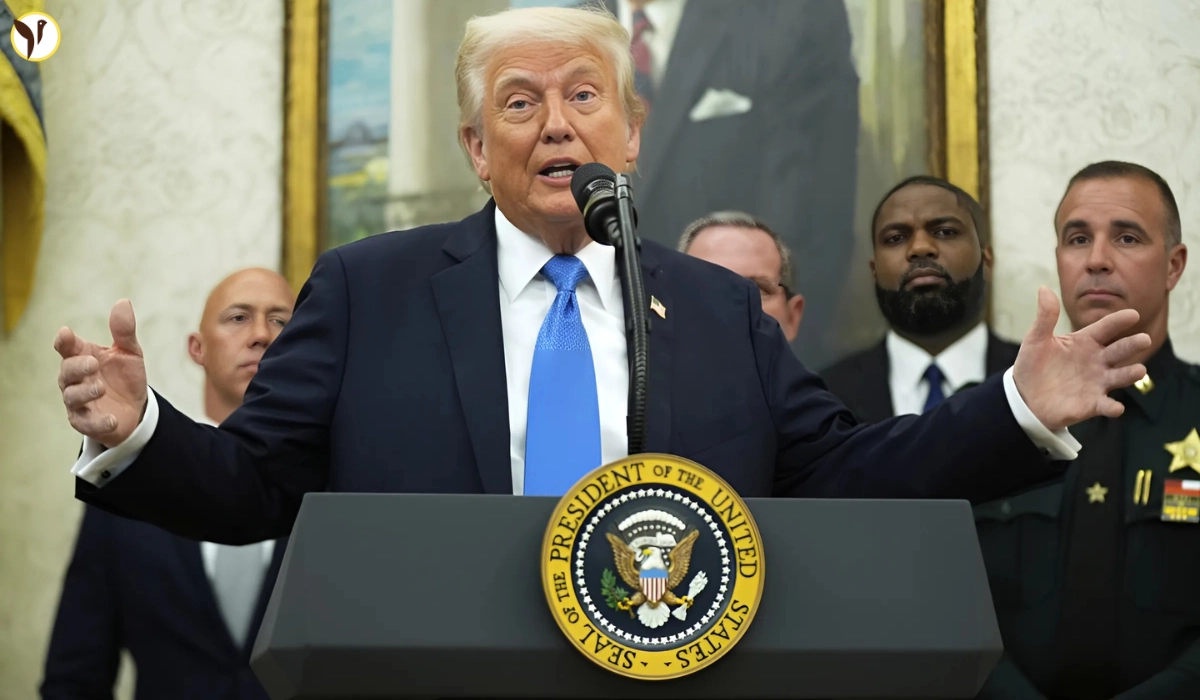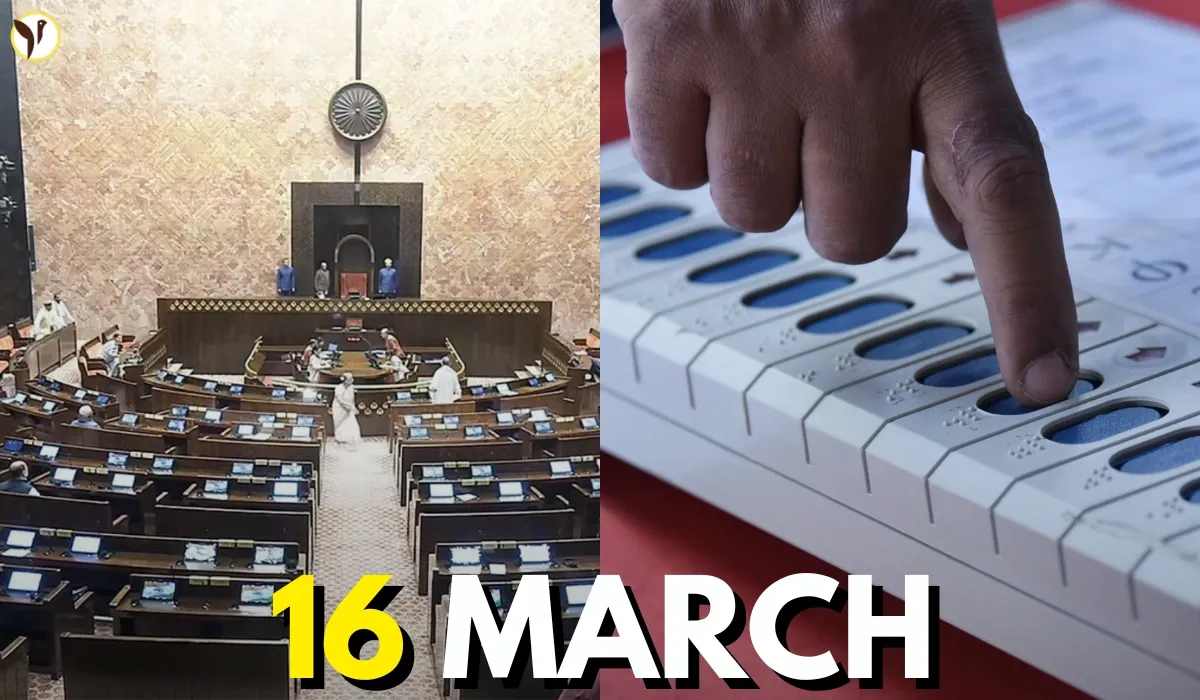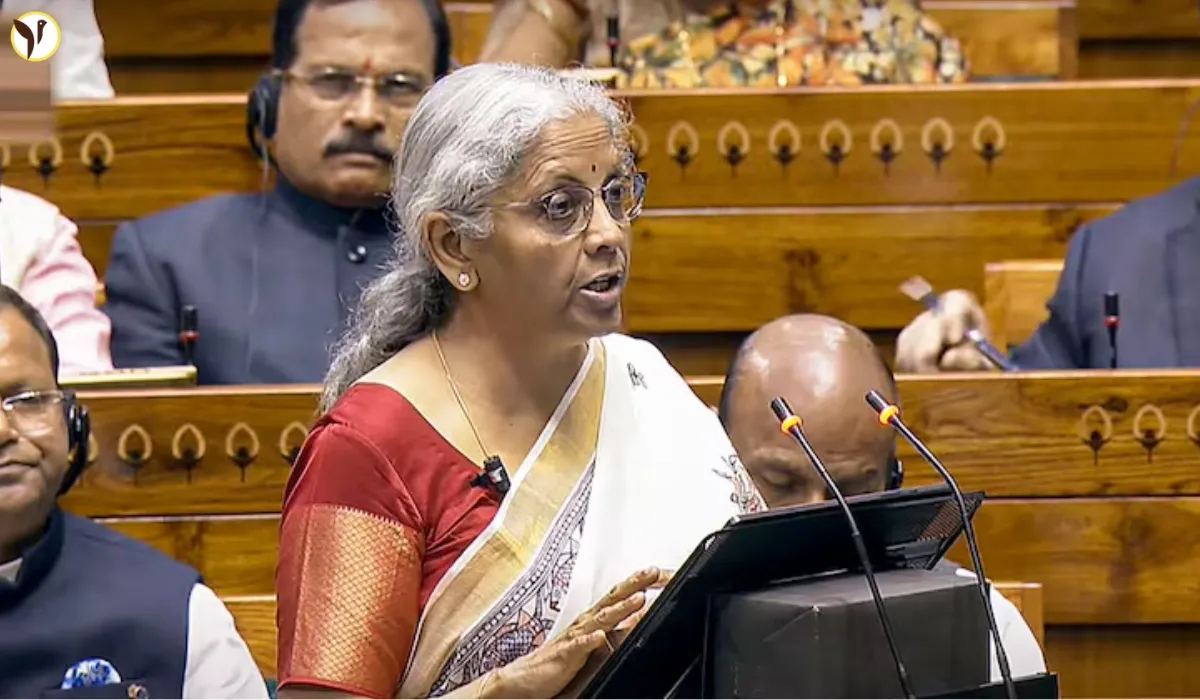This week, Congress passed a huge tax‑and‑spending package many are calling the "One Big, Beautiful Bill." It sailed through the Senate on a 51–50 vote, with Vice President Vance stepping in as the tie‑breaker. Then, in the House, Republicans pushed it through on a razor‑thin 218–214 margin. Democrats were unanimous “no.” Two Republicans joined them. That narrow win is a big deal—especially so close to the July 4th deadline. Tonight, Trump will sign it at 5 p.m., just in time to light off fireworks on more than just the holiday.
Permanent Tax Cuts for Some, Deep Spending Cuts for Others
This law locks in the 2017 tax cuts permanently—not just for now. With new features like no tax on tips or overtime, even CEOs and high earners are taxed at lower brackets. Plus, SALT will now have a deduction cap raised to $40,000—for a few years at least.
But here’s the other side:
- Massive cuts to Medicaid and cuts to SNAP and cuts to student loans.
- Overall, approximately 12–17 million Americans could be without health plans in 2034.
- The elimination of clean-energy incentives, as well as dramatically reducing support for wind and solar.
- The cancellation of IRS Direct File—free tax-filing ability.
While the rich will enjoy more ample pockets, many feel abandoned. That imbalance of winners and losers creates real angst out there.
Buckling Under Debt: The Hidden Price Tag
This bill also clears a $5 trillion debt-ceiling increase, but with conditions. The CBO predicts that it will create an increase of $3-4 trillion in the national debt over the next 10 years. To fund it, the Treasury will offer short-term bonds as they reach approximately 25% of all U.S. debt; this could lead to unstable interest rates and more expensive borrowing in the future. People are already fretting about increasing bond yields and risks for mortgages, student loans, older savers... It’s a ripple effect nobody wants but might have to ride.
What Most People aren’t Noticing Yet
- IRS Direct File axed: Quietly, the free tax-filing system is gone. Expect more reliance on TurboTax and H&R Block—raising costs for millions.
- Rural hospital struggles: A rescue fund exists, but small-town clinics worry it won't cover their losses when Medicaid ends.
- AI rules fall away: A proposed ten‑year pause on AI regulation was removed—but who knows when the next battle starts?
- Trade oversight emerges: A new bipartisan act now requires Congress to approve presidential tariffs after 60 days. Something few pundits are talking about—but it might curb surprise trade moves.
These low-key changes could ripple through families, farmers, and small businesses less visible than tax charts.
The emotional ripple — how people are reacting
There’s been a lot of noise. At a rally in Iowa, Trump called this “the biggest win yet.” But between the cheers, critics like Elon Musk called it a “disgusting abomination.” He tweeted:
“This massive, outrageous, pork‑filled Congressional spending bill is a disgusting abomination... Shame on those who voted for it.”
That stung some Republicans—especially since Musk once backed Trump. On the flip side, Democrats say it’s a “death sentence” for the poor.
Sen. Shaheen slammed the bill:
“The so‑called ‘Big Beautiful Bill’ is nothing but a tax giveaway to Donald Trump's wealthy friends. Instead of lowering costs for everyday ...”
The so-called "Big Beautiful Bill" is nothing but a tax giveaway to Donald Trump's wealthy friends.
— Sen. Jeanne Shaheen (@SenatorShaheen) July 2, 2025
Instead of lowering costs for everyday Americans, this bill will drive prices up even more. pic.twitter.com/TgTJwcs3jC
What this Really Means for Everyday Americans
Here’s the bottom line:
- If you’re very wealthy, you will reap long-term benefits in taxes.
- If you rely on Medicaid or food stamps, your life may become more difficult.
- If you live in a rural area, hospital care may become harder to access.
- If you file taxes electronically from now on, expect to be charged.
- If you own a home, mortgage rates may go up−sometimes indirectly through increased debt.
- If you believe in clean energy, you will notice less of a federal push for renewables.
- It is a mix of some losing and some winning−and, many don’t know which side they fall on.
The Countdown to Signature Day
Trump plans to sign the bill today. That means, in a matter of hours tomorrow, these rules go into effect-or the clock starts ticking:
- You will start to receive tax credits immediately.
- The increase of the debt ceiling will release the handicaps of the treasury.
- The cuts in Medicaid and SNAP will roll out over a few years.
People are speaking quickly and with urgency, with conversations about what to predict, how to budget, and finding out from their doctor's office if they can still see them. Uncertainty is in the air.
Genuine concerns we’re hearing:
A mega spending bill out of the same admin that created @DOGE doesn't make sense...unless not all is as it seems
A mega spending bill out of the same admin that created @DOGE doesn't make sense...unless not all is as it seems pic.twitter.com/IG4lruuBbF
— Joy Backlas-Cruz (@joybacklascruz) March 13, 2025
These are people—real people—trying to make sense of sudden changes.
This isn’t polished reporting. It’s rough, honest, human. And the full picture is still unfolding. Millions of people will feel this in wallets, hospitals, town halls across America. They’ll remember whether their taxes went down, or if they lost access to vital services.









